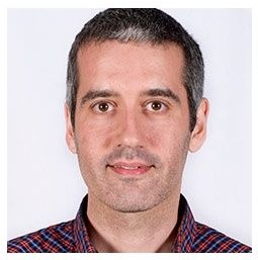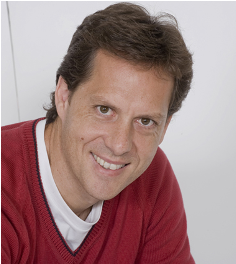Quantum Computing
Software & Hardware enabling Quantum computing in the cloud accessible to everyone
Coordinator
Artur García
ProjectsQuantum ComputingOpenQPU
OpenQPU
Development chips of up to 25 qubits that allow executing variational and annealing operations developed by the software equipment and that are no longer are executable on any conventional computer, and that even can be rivals with the Mare Nostrum 4 supercomputer.
Coordinator
Artur Garcia-Saez is a researcher in the CASE – Quantic research group of the BSC. He obtained his PhD at ICFO working on classical and quantum correlations. Subsequently, he has investigated at the University of Barcelona and at the Yang Institute of Theoretical Physics. His research focuses on quantum algorithms and Machine Learning.
Participants
José Ignacio Latorre is professor of theoretical physics at the University of Barcelona, as well as a Long Term Visiting Professor at the Center for Quantum Technologies in Singapore and managing director of the Benasque Pedro Pascual Science Center. He obtained his PhD at the University of Barcelona and later studied a post-doctorate at MIT in the USA and, later at the Niels Bohr Institute in Copenhagen. He has investigated in various areas of elementary particles, in applications of artificial intelligence and in the theory of quantum information. He is currently leading the Quantic group to build a quantum computer at the Barcelona Supercomputing Center.
Sergio Valenzuela is ICREA professor and head of the Physics and Engineering of Nanoelectronic Devices group at ICN2 since 2008. He obtained his PhD at the University of Buenos Aires in 2001 and later worked as a researcher at Harvard University and MIT. His research focuses on the unique properties of materials with nanoscale dimensions, motivated both by their intrinsic scientific interest and their potential for advanced electronic applications. His work encompasses spintronics, quantum computing with superconducting circuits, and nanoelectromechanical systems (NEMS). Together with his collaborators, has pioneered the use of non-local devices to study the Hall effect of thermopile spin to isolate magnetic drag in ferromagnetic materials and implemented new control methods and qubit spectroscopy. He was awarded the 2001 Giambiagi Award and the 2009 IUPAP Young Scientist in Magnetism Award for his contributions to the field of spintronics, as well as an ERC Starting Grant in 2012.



